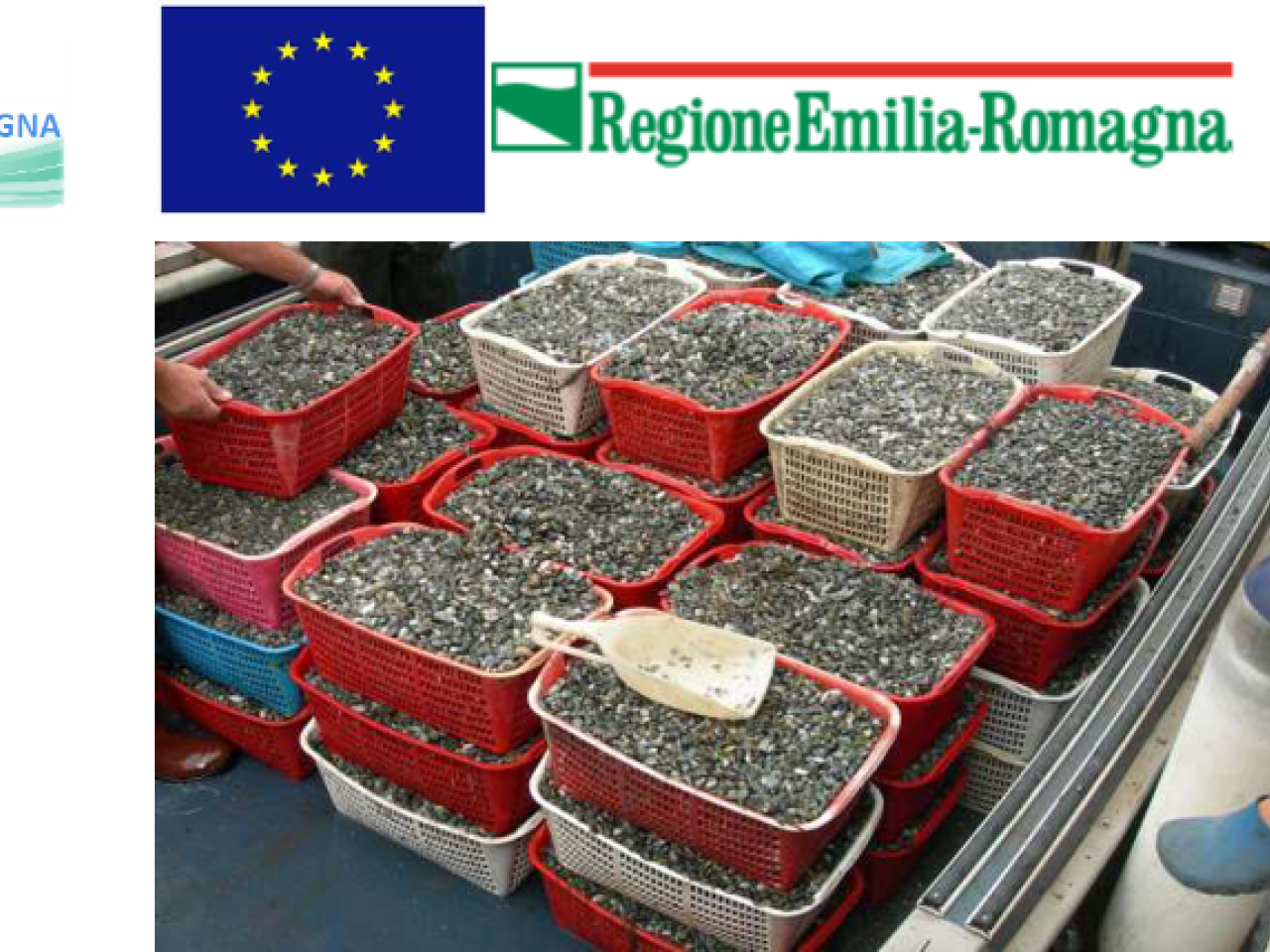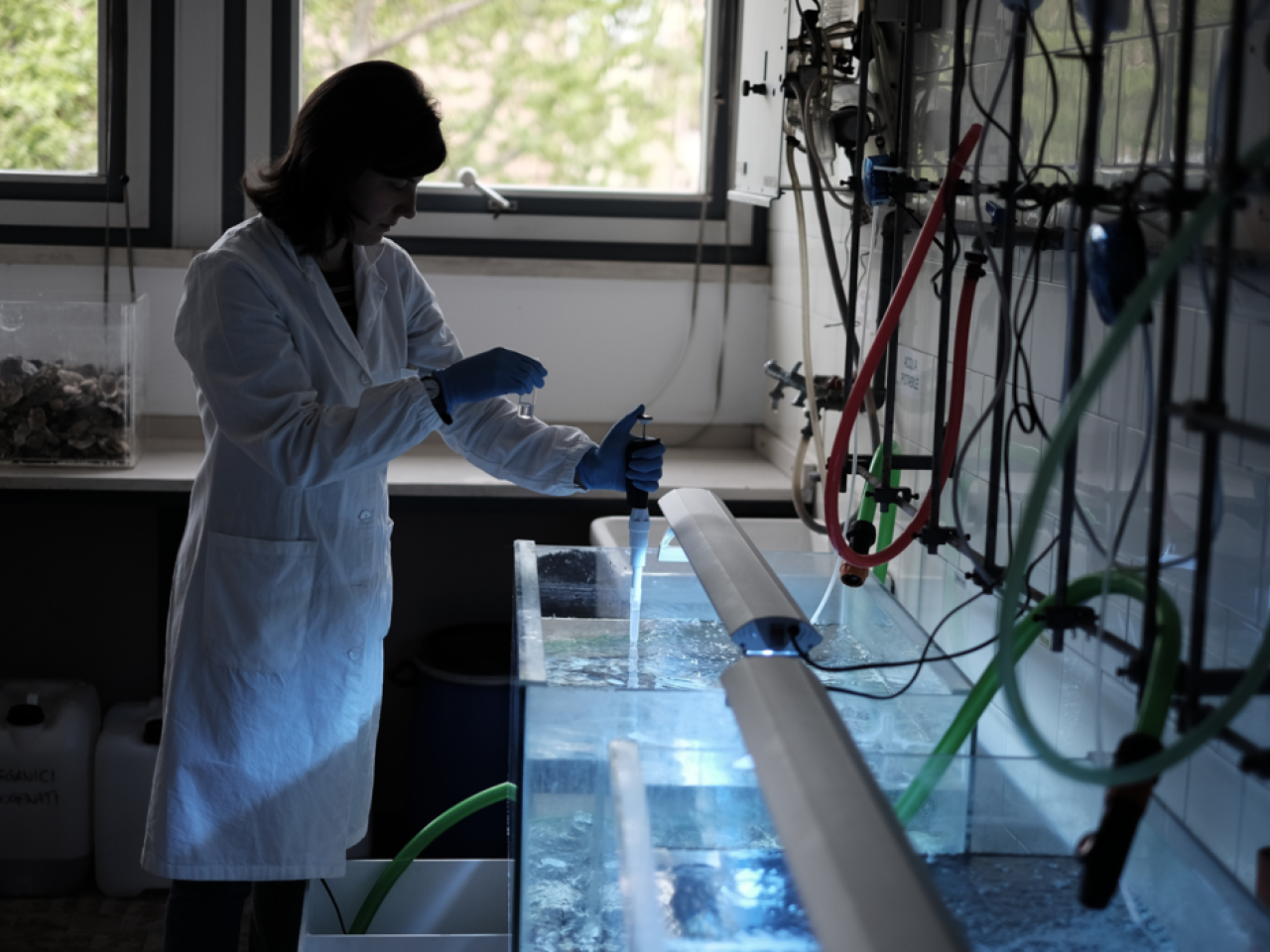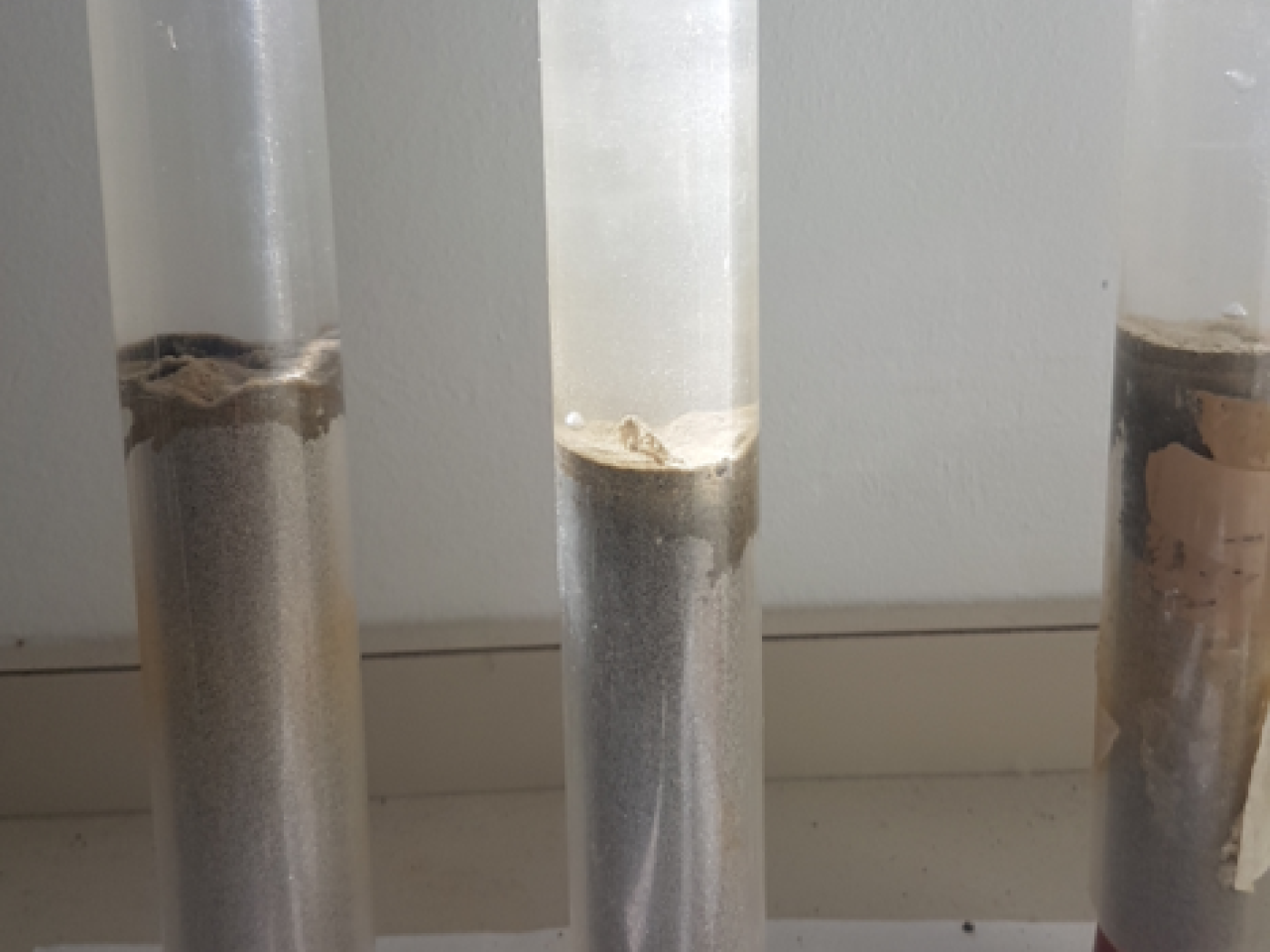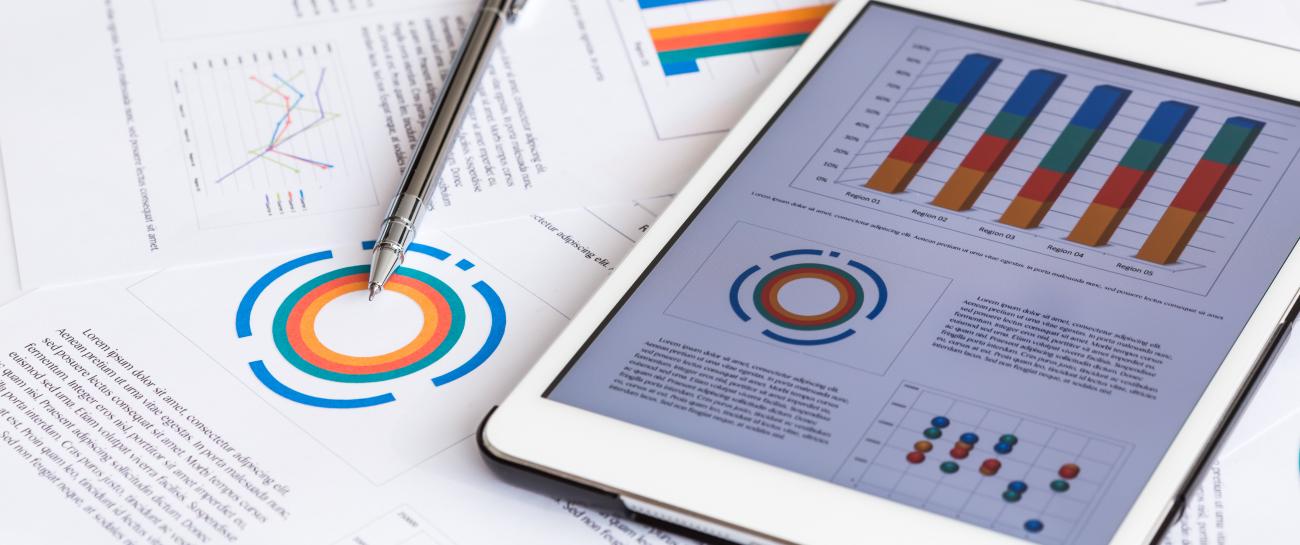Terra&Acqua Tech Laboratory has developed:
- the localization and georeferenced mapping of nursery areas for veracious clams in lagoon zones, to be used as a decision support tool for the expansion of current nursery areas;
- a process for the recovery of the production waste, in the view of the circular economy, by foreseeing the reuse of sea waste (shells of bivalve molluscs).
The valorisation of the production waste has generated an improvement of the sediment texture quality of the seabed, in favour of water body oxygenation, and it has contributed to decreasing the effects of marine waters acidification (caused by the increase of atmospheric carbon dioxide) with the reduction of the impacts of climate change to the environment.These activities were carried out as part of projects funded by PO FEAMP ITALIA 2014/2020.
 Clams bred in the area
Clams bred in the area
Provision of integrated services functional to the preservation of the natural equilibria of costal zones and to the socio-economic well-being of the community.
Re-use of sea waste and waste from the seafood processing for the improvement of the environmental conditions and the mitigation of the effects caused by the increase of atmospheric carbon dioxide.
Resources management by the development and realisation of integrated valuation plans.
Services for mollusc culture / aquaculture businesses
 Ichthyology laboratory equipped for testing environmental mitigation solutions
Ichthyology laboratory equipped for testing environmental mitigation solutions
Performance test of treated shells
Nursery areas were sampled to obtain information on the distribution and density of the molluscs according to size class. Data were statistically elaborated and georeferenced to obtain maps of the spatial distribution of the product by isodensity curves.
For the recovery of bioclasts, the organogenic “sand”, resulting from shells in mesocosms set up in the laboratory, has been evaluated for its chemical-physical and ecotoxicological properties. The conveniently treated material has been characterised to determine its chemical composition, structure, morphology and dimensions, parameters that affect its efficiency as conditioner, adsorbent and environmental buffer. Tests aimed to evaluate the suitability of the treated material for environmental use have been carried out.
The study has highlighted the capability of treated bivalve shells to act efficiently as adsorbent material towards heavy metals, to exercise an efficient buffering action and to improve sediment texture. The results obtained contribute to improve the management of environmental resources, favour a sustainable aquaculture, protect the environment, promote the efficient use of resources and increase the natural productivity of the nursery areas.
Istituto Delta Ecologia Applicata
Fondazione San Giuseppe C.F.P - CESTA
Consorzio Pescatori di Goro
Development of additional services: introduction of ICT in aquaculture
 Sediment samples
Sediment samples

